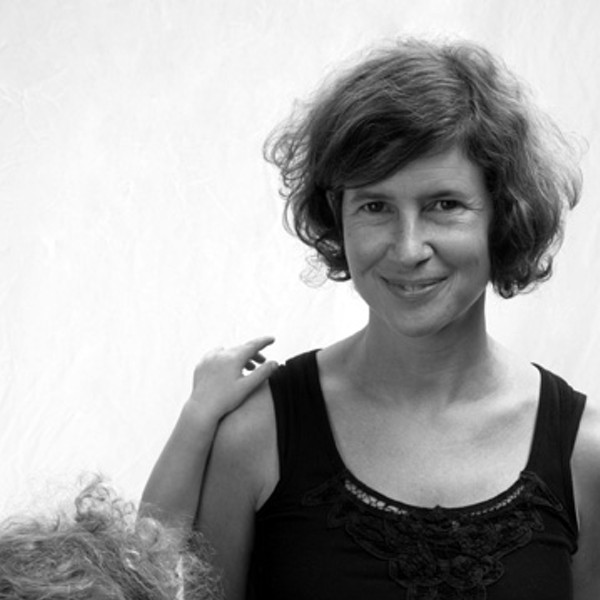There's a lot of new science about the benefits of meditation, but it's a struggle for many people to start or maintain a practice. Can mindfulness help?
When you think of meditation, you think of sitting on a cushion, and people think it's unrealistic these days or exotic, only for spiritual people. But when you look at meditation, there are two main elements, just like a bird with two wings—one is stopping, and the other is looking. Stopping means stopping the mind from running back to the past or towards the future. It's being in the here and now, just as it is. Looking means looking into what is, and to understand its roots and causes so you know how to go forward with it.
Mindfulness is meditation; it has both elements of stopping and looking. When you're walking and you're aware that you're walking, your mind is in the present moment. Because you're aware that you're walking, you realize that you're still healthy—maybe you have a health condition, but in this moment, you can walk. With mindfulness you can practice meditation throughout the day. When you learn to be aware of your body, you also become more aware of your feelings, thoughts, and perceptions; you become more sensitive. Things will arise. You will hear yourself thinking negatively or remembering something in the past. And then you simply breathe and relax that thought or perception. You learn to be there for what is.
You write about the importance of not pushing pain away but being with it, with love and compassion.
If we become blind to our suffering, then when it comes up it's like a tsunami. It's overwhelming and we're swept away by it. But if you learn to be mindful you will see your suffering in bits and chunks. When a painful thought arises, you have your mindful breath and you can relax your body with a smile. You allow yourself to take a moment, and your body and mind can relax. When you take care of it in small doses, suffering becomes manageable. Pain is inevitable, but suffering is optional. If you have a mind, a body, then you will have painful thoughts and perceptions. Are you willing to suffer over it? That's optional.
Happiness is a practice, peace is a practice. Suffering is a practice too—we practice it very diligently! We allow our thoughts to rewind and repeat themselves. We allow ourselves to think negatively about ourselves and others. It becomes a habit, and that's why suffering perpetuates itself. But if you think of everything as a practice, then you see that you have a choice. You see that the other way hasn't worked out very well. Then you say, okay, I'll cultivate joy a little more.
Loving speech, you suggest, is very healing. Not just a naïve notion, it, too, has science on its side.
Yes. When I went to India and worked with children there, I asked them, what is the percentage of water that makes up your body weight? The children said 65 or 75 percent. Then I told them about the Japanese scientist [Masaru Emoto] who wrote about the hidden messages in water. When he had water in a petri dish and spoke harshly over it, the water couldn't form crystals at all—it was very broken. When he spoke kindly over the water, it formed very beautiful crystals. He took photographs of them. So I asked the children, if your body is 70 percent water, then how would you like to speak to your body? They said things like, "I love you so!" Another child said, "You are stupendous!" It's wonderful to reach children in that way, to raise their awareness.
If you say something harsh to yourself or to somebody, then immediately you release stress hormones; negative speech causes a stress response in our body. If we do this many times a day, day after day, we'll be unhappy and sicker. With positive speech, we'll release serotonin, oxytocin—hormones for positive feelings. The way we think, speak, and touch our body directly affects the course of our illness. As a doctor, I never put two and two together. It takes a spiritual life. These are the insights I have learned from the Buddha, from my teacher [Thich Nhat Hanh], but also from my own practice. It helps me to cope with whatever comes, including my disease.














